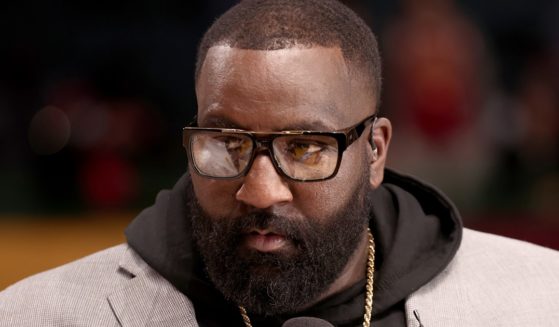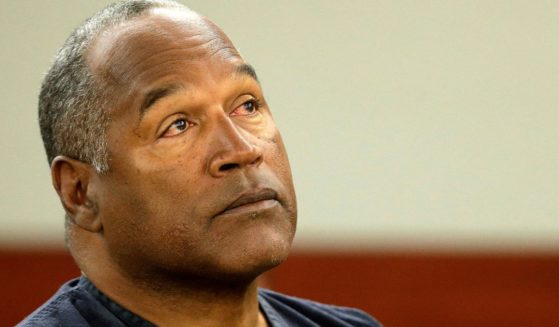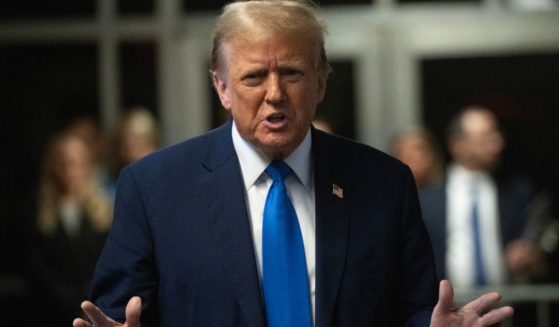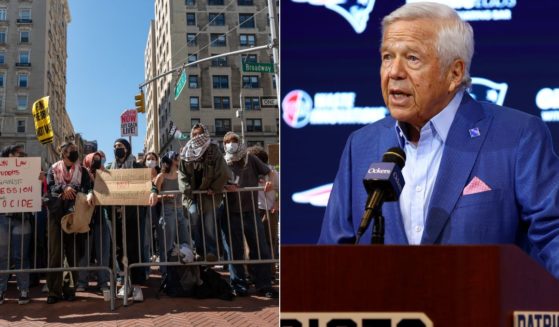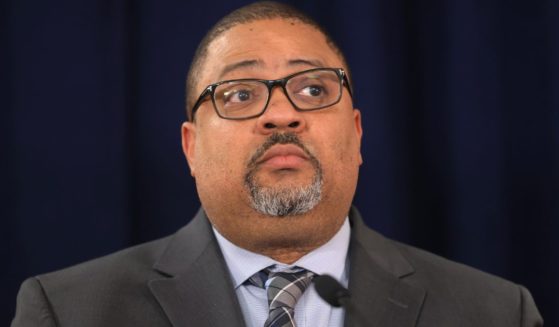US To Bring One-Third of Troops Home from Iraq by November
The United States plans to reduce its military force in Iraq from the current 5,200 to about 3,500 by November, U.S. officials said Friday.
The cut would be in line with President Donald Trump’s repeated call to bring troops home.
American troops are in Iraq to train and advise Iraqi security forces battling the Islamic State group, but the relationship has been rocky at times in large part because of periodic attacks by Iran-backed militia groups that are not fully controlled by the Iraqi government.
U.S. troops, after invading Iraq and toppling President Saddam Hussein in 2003, had withdrawn from the country only to begin returning in 2014 after Islamic militants swept across the Syrian border and took control of large swaths of Iraqi territory.
Trump met last week at the White House with Iraqi Prime Minister Mustafa al-Kadhimi.
“We look forward to the day when we don’t have to be there,” Trump said then.
“We were there and now we’re getting out. We’ll be leaving shortly and the relationship is very good. … We’re going to be leaving and hopefully we’re going to be leaving a country that can defend itself.”
Last month, the top U.S. general for the Middle East said he believed the U.S. will keep a smaller but enduring presence in the country.
Marine Gen. Frank McKenzie, commander of U.S. Central Command, said he believes the Iraqis welcome U.S. and coalition troops, especially in the ongoing fight to keep IS fighters from taking hold of the country again.
Secretary of State Mike Pompeo said as recently as this month that the administration intends to get U.S. forces in Iraq to the lowest level possible as quickly as possible, but he has not cited specific numbers.
Pompeo said after meeting last week with Iraq’s foreign minister that Washington was committed to helping Iraq regain and maintain security.
Armed groups are not under the full control of the Iraqi prime minister, Pompeo said, adding that those groups should be replaced by local police as soon as possible and that the U.S. would help.
Tensions spiked between the U.S. and Iraq in January after a U.S. drone strike near the Baghdad airport killed Iranian Gen. Qassem Soleimani and Iraqi militia leader Abu Mahdi al-Muhandis.
Angry Iraqi lawmakers, spurred on by Shiite political factions, passed a nonbinding resolution to oust all U.S.-led coalition forces from the country.
In response to the Soleimani killing, Iran on Jan. 8 launched a ballistic missile attack on al-Asad air base in Iraq, which resulted in traumatic brain injuries to more than 100 American troops.
Two months later, U.S. fighter jets struck five sites in retaliation, targeting Iranian-backed Shiite militia members believed responsible for the January rocket attack.
The Western Journal has reviewed this Associated Press story and may have altered it prior to publication to ensure that it meets our editorial standards.
Truth and Accuracy
We are committed to truth and accuracy in all of our journalism. Read our editorial standards.



